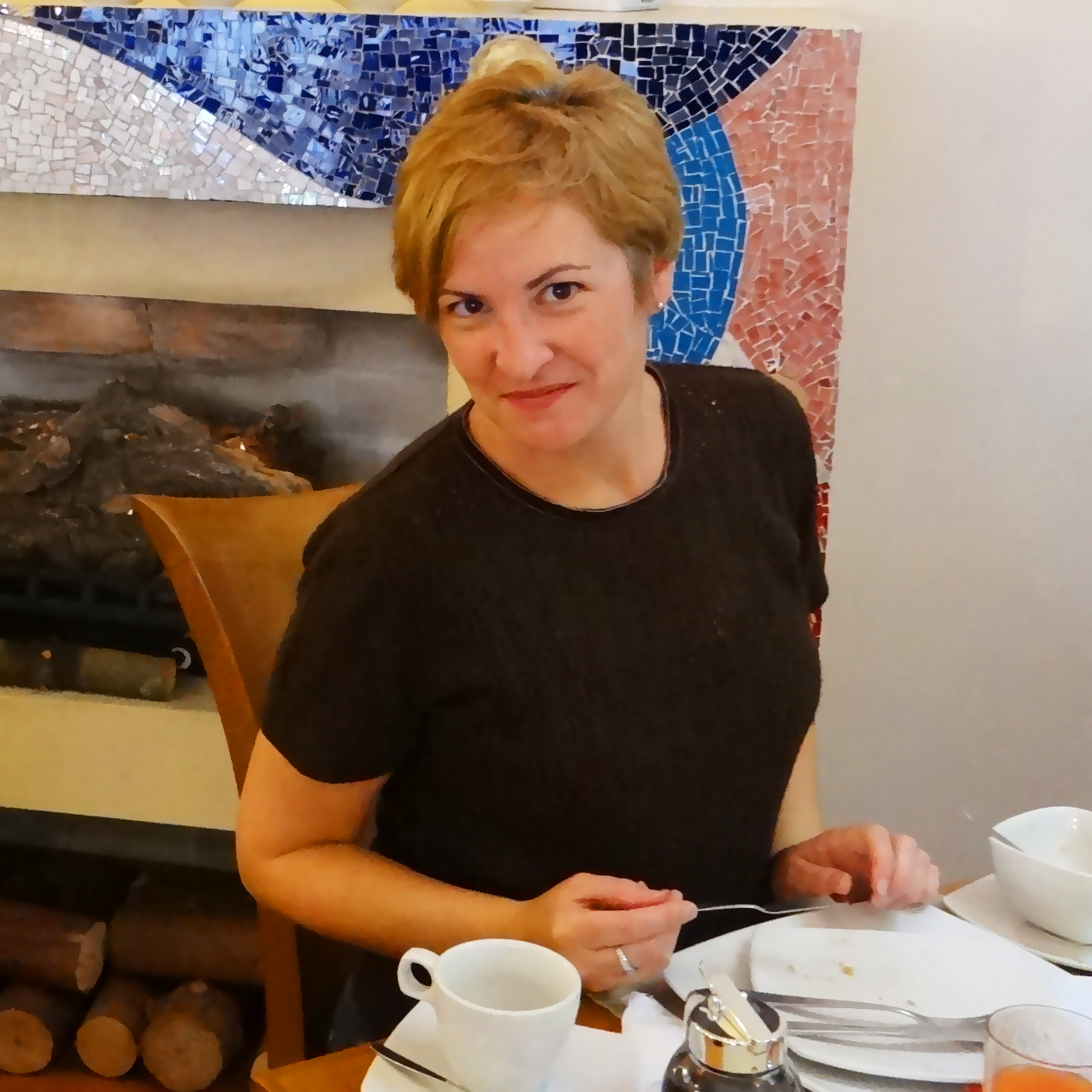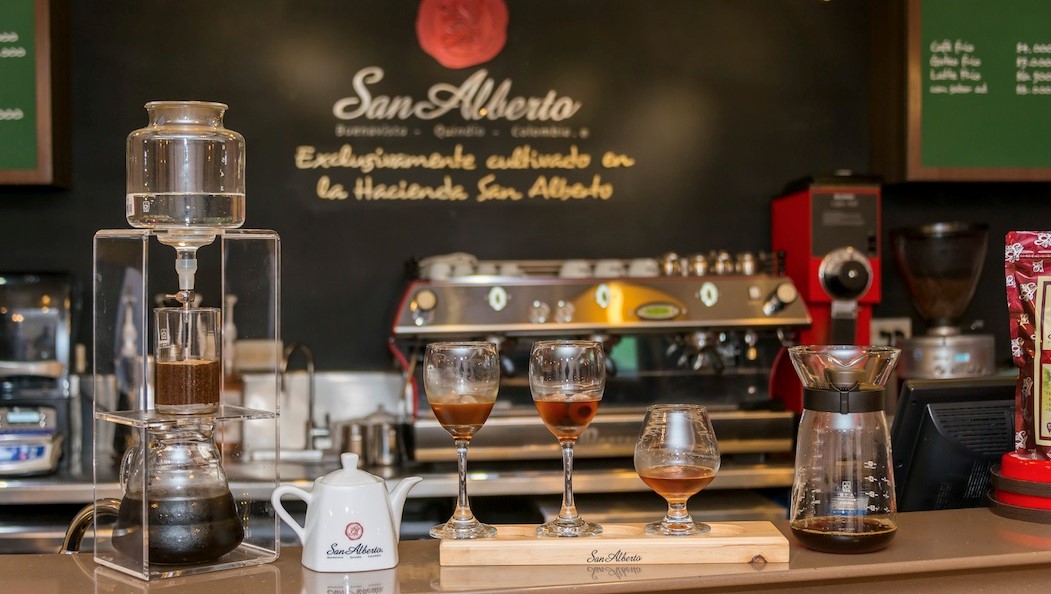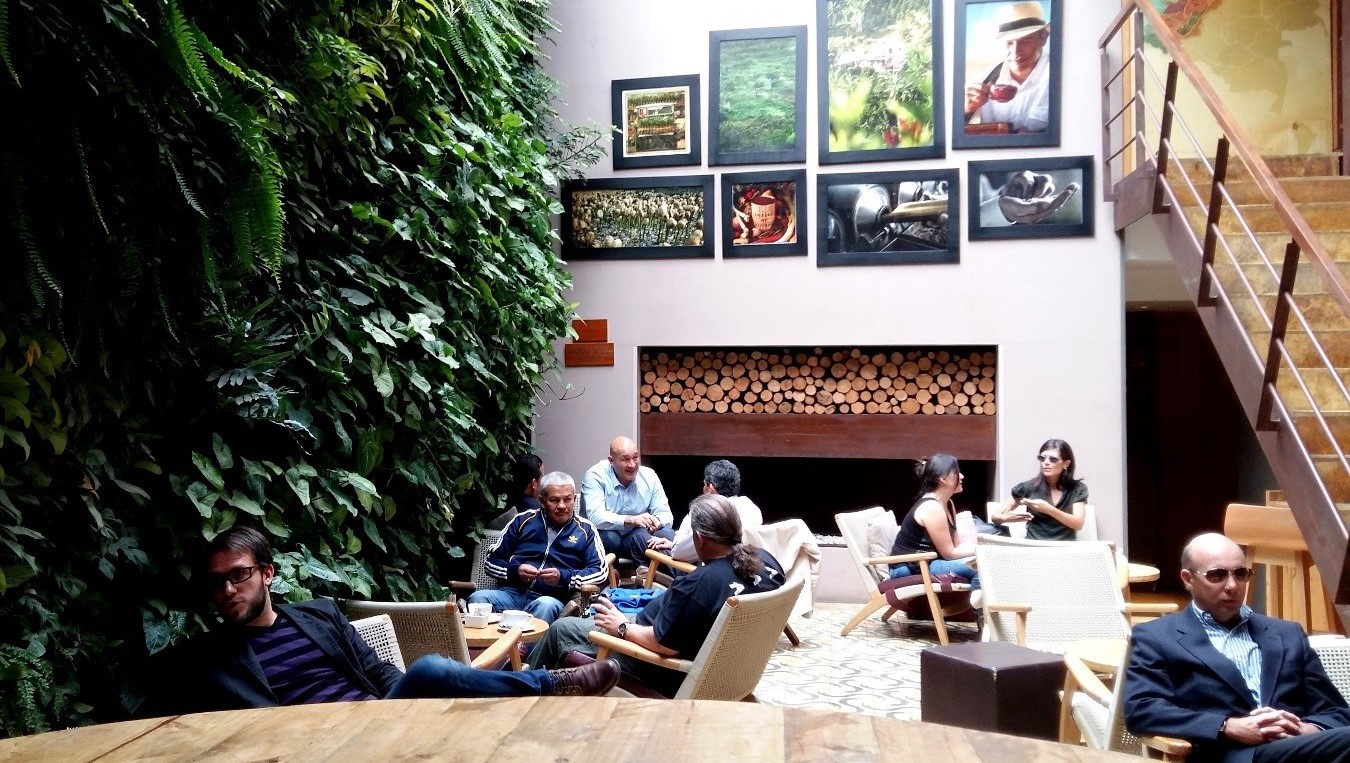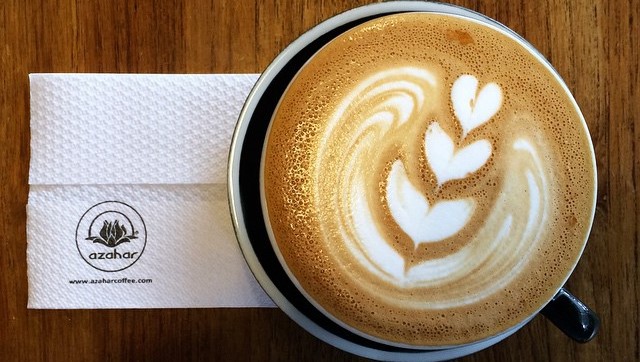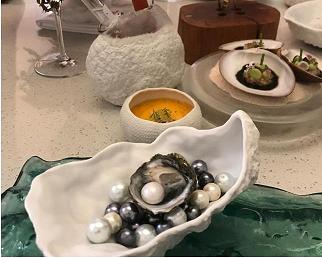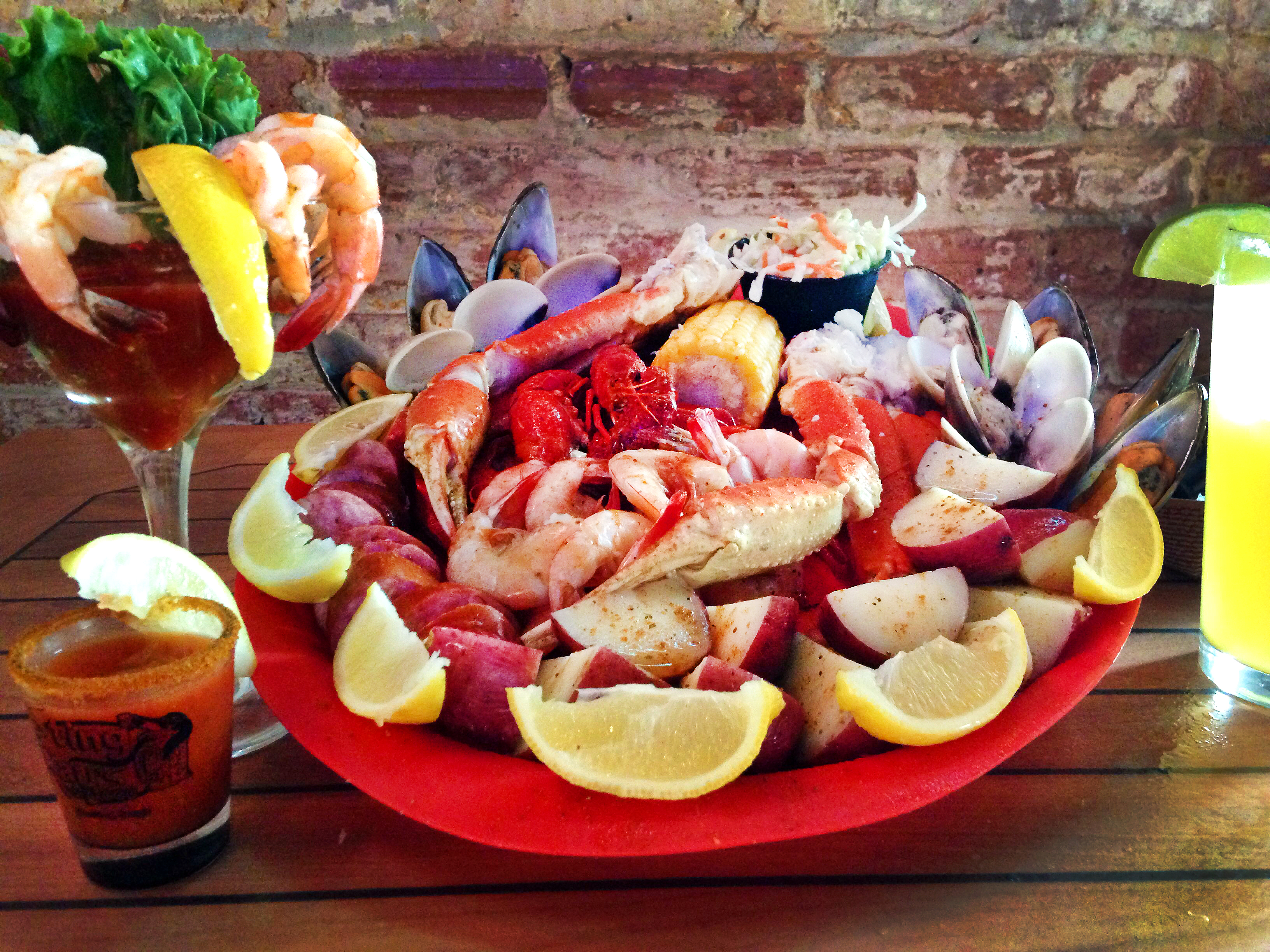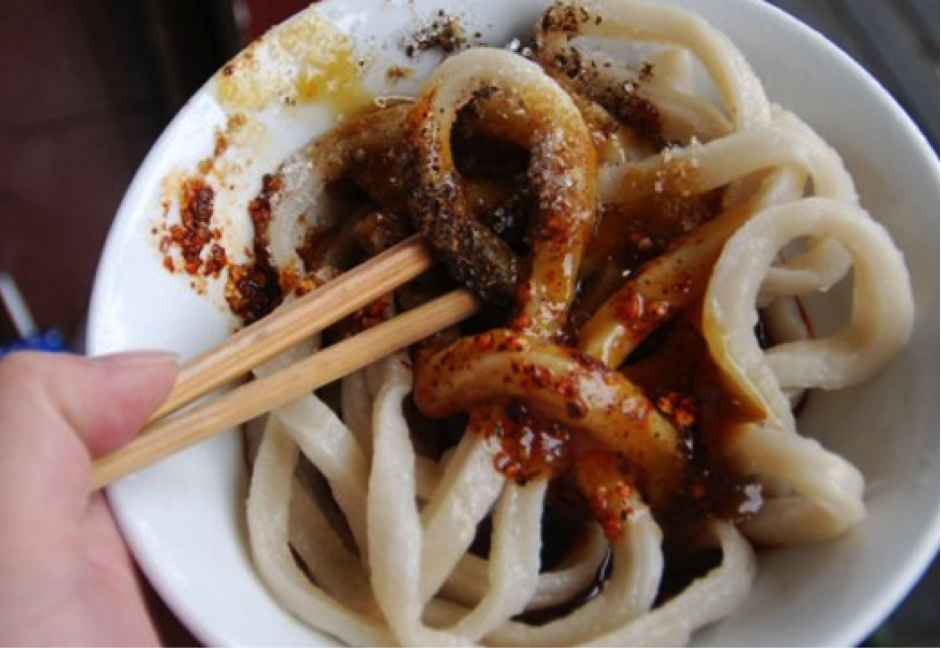Essential Guide to Colombian Coffee and Coffeehouses in Bogota
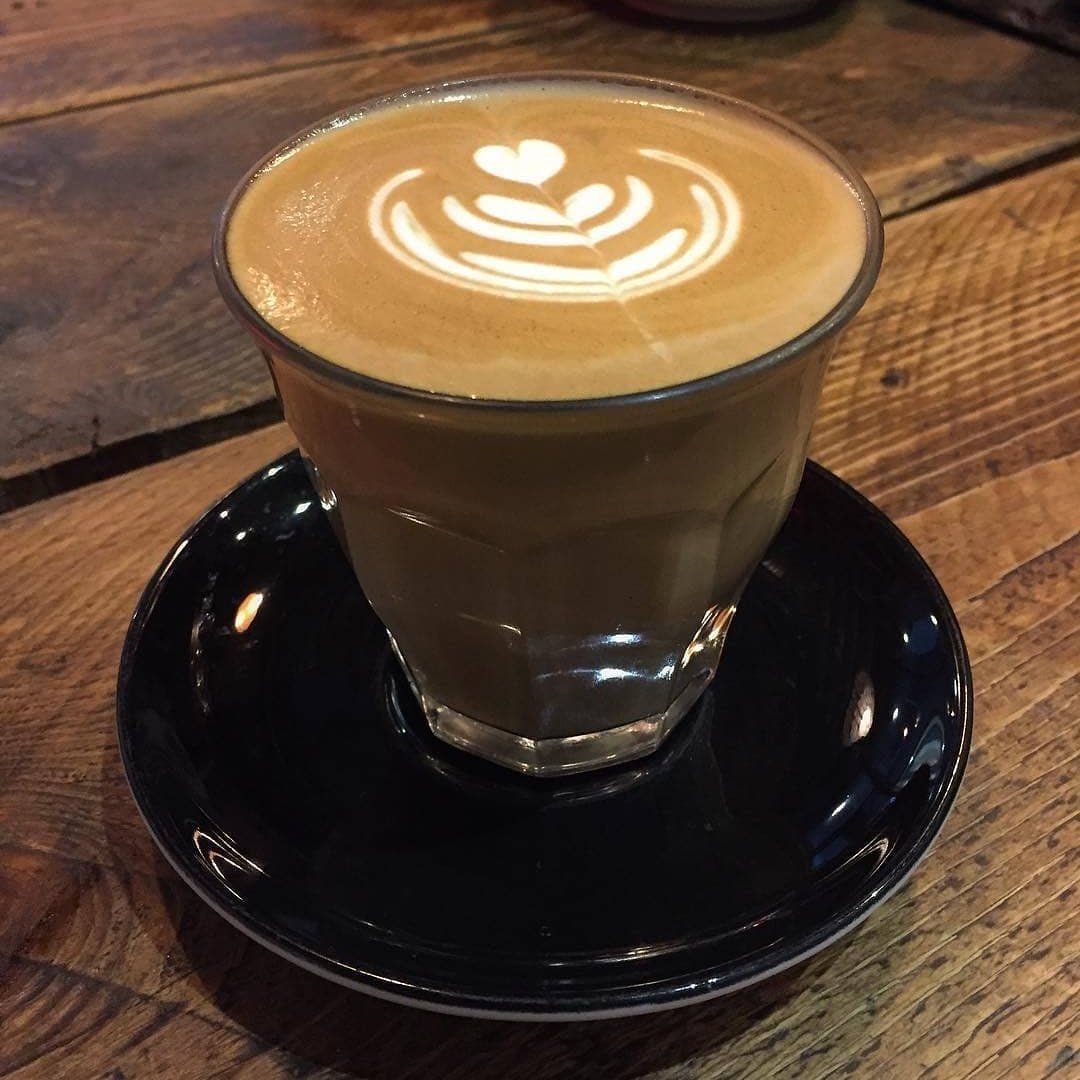
Courtesy of Bogota Coffee Company
Around the world, coffeehouses have been important meeting places for centuries, and Bogota is no exception. Walk around this South American city and you’ll find busy coffee shops and bakeries at any time of day; walk by a Juan Valdez coffeehouse in the morning and you’ll see people doing business over a hot cup of coffee, and in the afternoon you’ll notice whole families gathered at bakeries to leisurely enjoy coffee and snacks during what they call onces, the Colombian version of tea time.
Over the past few years, a new wave of coffeehouses has flooded Bogota. In addition to the Juan Valdez stores on nearly every corner of the city, more and more independent coffee shops are opening up, each offering an in-depth look into coffee farms and farmers as well as the regions where coffee is grown. All of this adds up to tasting experiences you won’t get anywhere else.
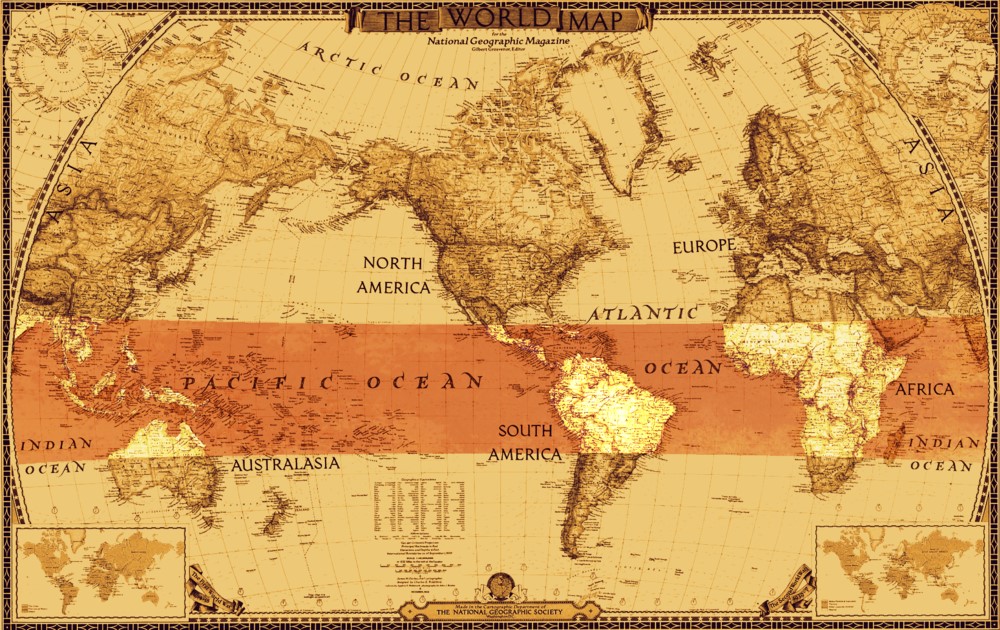
The entire global crop of coffee plants can be found within the Tropics of Cancer and Capricorn (about 23° degrees north and south of the equator). / Courtesy of www.sbcoffee.com
Why is Colombian coffee in such demand?
Coffee is grown in more than 50 countries, and the best conditions for coffee trees are in what is known as the “Bean Belt,” located near the equator. Colombian coffee – located within that belt – is not only well-known, but also has a high standard of excellence. Many conditions affect the taste you get in the cup – soil, variety, weather (amount and frequency of rainfall, sunshine and shade), altitude, how cherries are picked and processed, and how the beans are roasted.
Coffee is grown in Colombia on hundreds of thousands of small family owned farms. Unlike Robusta beans, Arabica beans (the only ones found in Colombia) are grown at high altitudes. Mountainous terrain means that beans are picked in a very labor intensive way (by hand, since machines are useless on those hills) and are often transported off the farm by mule or jeep. This hand picking means just the ripest, deep red cherries – not the green ones, not the slightly pink ones – are chosen. The beans are then sent off to get processed and roasted; freshly roasted coffee should be consumed as quickly as possible to preserve the characteristics of the bean. Of course, all of these factors increase the cost – but they also increase the quality.
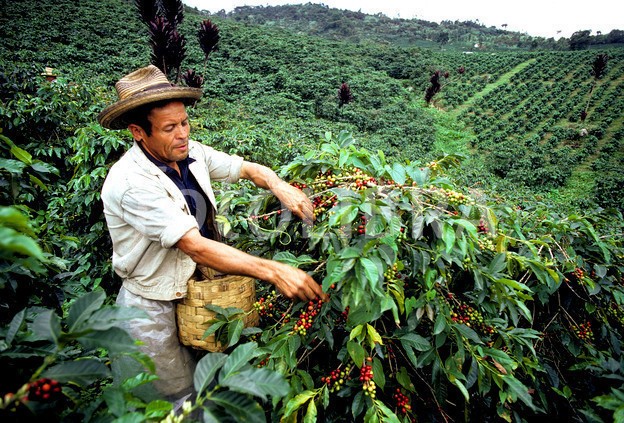
Handpicking beans ensures only the ripest are roasted for coffee. / Courtesy of http://gb.fotolibra.com
The process is complex. Even within a single farm there can be vast variations in quality and taste. It also means drinking coffee in Colombia is a different experience than drinking it after it’s been shipped to another country – which can take weeks – and has sat in a warehouse until it’s shipped to a store (where its sits a bit more), a journey that can take months.
Tradition and a new wave
The ironic reality is that the vast majority of coffee produced in Colombia is exported, and the vast majority of coffee consumed in Colombia is low-quality imported coffee. Yes, Colombia imports coffee for Colombians to drink. For Colombians, the morning typically starts with a tinto, a black coffee that is often bitter and generously sweetened with sugar or panela, and later in the day they will have a café, which in Colombia means coffee with milk.
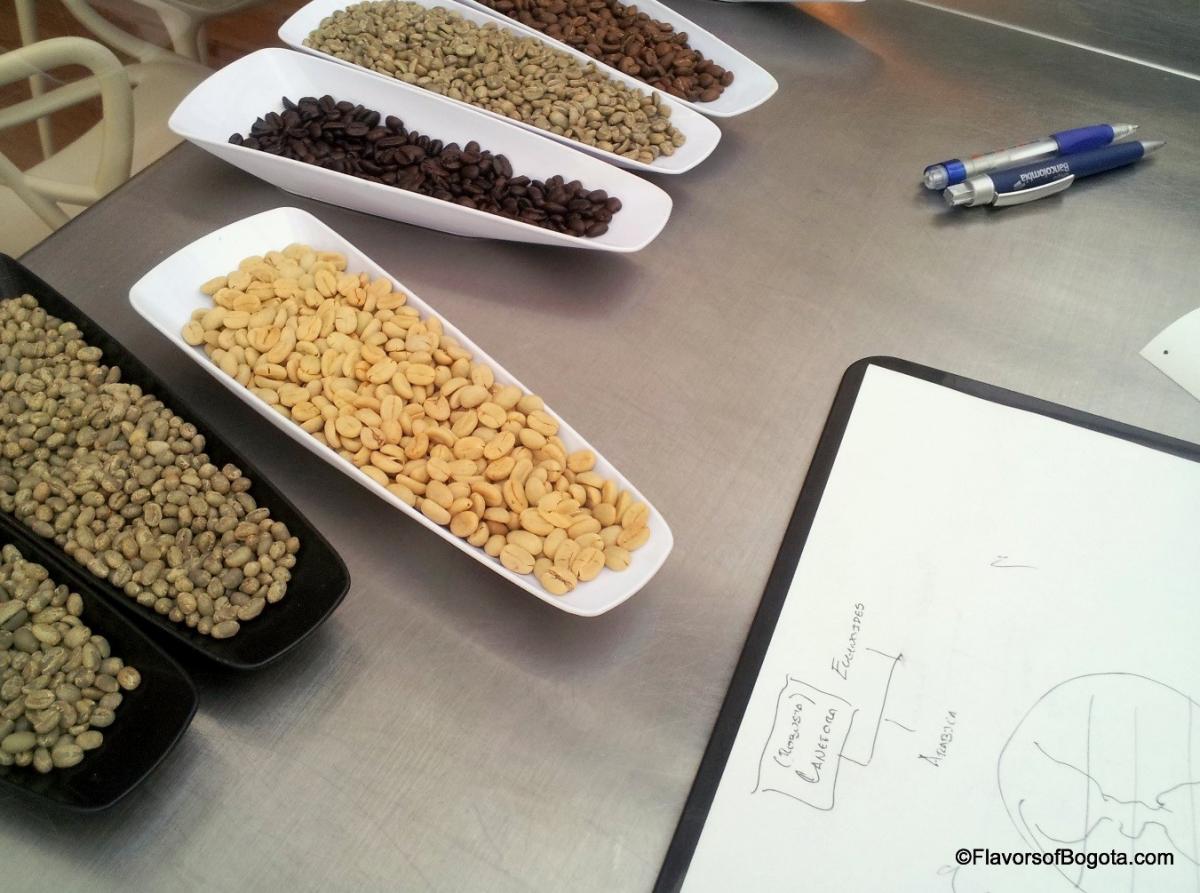
Colombia’s coffee beans, like grapes, are affected by the soil it grows in and how it is processed. / Courtesy of Flavors of Bogota
But a new wave of coffeehouses has hit cities and farms in Colombia. These places emphasize working directly with coffee farmers to get the best possible coffee, and this is where Colombia’s coffee growing regions become important. With grapes, where they grow, in what soil and how much sun they receive all affect the wine you sip. The same is true with coffee. As you taste your coffee, do you sense the notes of wood, caramel and berries, chocolate, rose or citrus? Just like wine, coffee is affected by the soil it’s grown in and how it’s processed, creating subtle and not-so-subtle flavor changes.
So when you go to one of these new wave coffee shops in Bogota, you’ll have to decide which beans from what coffee region you want to try. You’ll also be asked what method you want your coffee to be brewed in: French Press, Syphon, or pour-over methods like Dripper V60 or Chemex. Sound Greek to you? The baristas will patiently explain the differences, or you can watch these videos to view each method. http://azaharcoffee.com/brew-guide.
Coffeehouses in Bogota
Listing all the coffeehouses in Bogota would be impossible, but here are a few to get you started. Many of these are small, independent growers and roasters who care about more than just the bottom line (or who, at times, completely forget the bottom line to promote certain coffees and farmers). Many have roasting and tasting rituals that get you involved in detecting those subtle flavors in each coffee. And you’ll get a closer look at the deep pride Colombians feel at being a part of the coffee process – whether a farmer, roaster, cupper or barista.
A word of warning, however. These are serious coffee tasters who emphasize experiencing the full flavors in the cup – which means drinking the coffee black, with no sugar added. If that’s not your idea of a good drink, feel free to request a latte or cappuccino and add sugar to taste (you might have to ask for the sugar packets, since they often hide them).
Café San Alberto
If you’re downtown and looking for a place to have a Colombian coffee experience, try Café San Alberto, conveniently located in the Gold Museum. Their coffee tasting tour takes you through a variety of brewing methods to highlight how different methods change the taste of the coffee in the cup. This is also one of the few places to get a refreshing cold brew coffee made in a Kyoto-style slow drip brewer.
Amor Perfecto
Up on a hill above Zona G, one of the most important restaurant areas of Bogota, you’ll find Amor Perfecto. The perfect love that they’re selling here is love of coffee; you’ll discover that love not only in the fact that they have the greatest variety of regions to choose from, but also because they have their own roaster and lab on site. They are serious about their coffee excellence and offer private cuppings for a detailed coffee encounter.
Juan Valdez Origenes
On one of the poshest streets in Zona G, Juan Valdez built its most luxurious coffee house. When you walk in you’ll notice the traditional ceramic flooring, gardens and comfortable chairs reminiscent of a coffee farm. Upstairs, the tables are made from coffee trees – go ahead, smell them – and a long table at the back serves as their main cupping headquarters. On the third floor, you can kick back and enjoy cocktails and a light meal. As the name suggests, the focus here is on origins – where the coffee was grown – and they always have four regions to choose from as well as all the brewing methods.
Bourbon Coffee Roasters
This coffee shop lives up to its name – the bright and shiny roaster is right at the entrance. This intimate place has knowledgeable baristas, a pleasant environment (check out the garden area out back) and offers private and public coffee cuppings so you can get the feel of what it’s like to be a professional taster.
Café Cultor at Wilborada Bookstore
Set in a fantastic three-story bookstore, Café Cultor has knowledgeable baristas who can tell you about each coffee they feature, including anecdotes about the farmer, what area of Colombia the farm is in, and what you can expect to taste in the cup. Try their Geisha varietal, with complex floral and citrus notes.
Azahar Coffee
Azahar works with small farmers and micro-lot coffees that they roast themselves to give you a fresh-from-the-farm experience, keeping the best coffees in Colombia rather than exporting them. Each bag of coffee at their store has a QR code that connects you to a video showing you where the coffee was produced.
Category:
Recommended features by ExtremeFoodies
